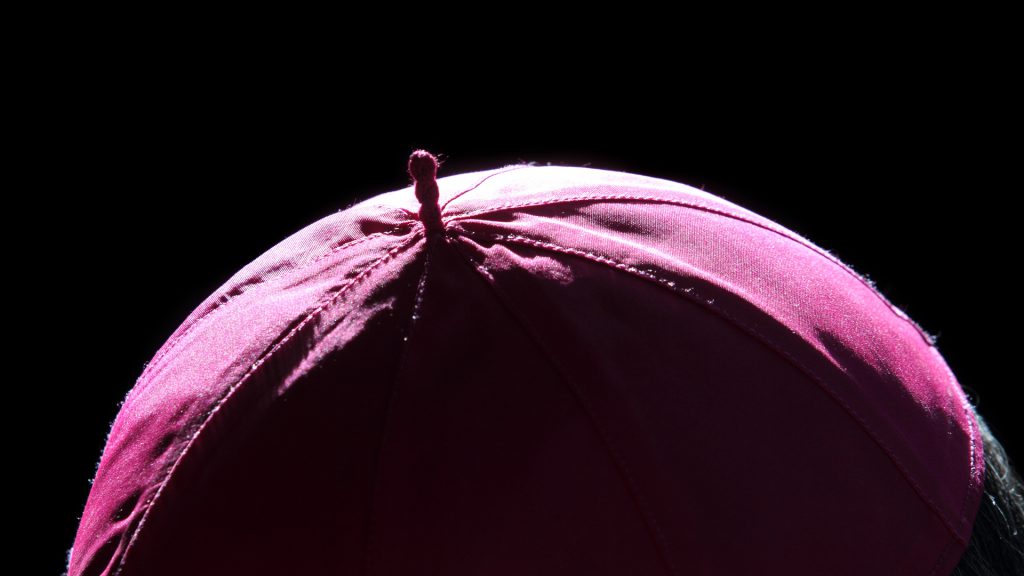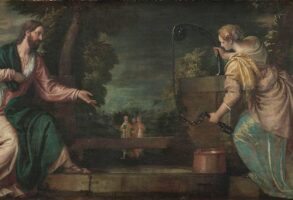
Published June 3, 2021
The Catholic bishops in the United States are divided over the best way to respond to Catholic politicians who defend, promote, and subsidize grave injustices and moral evils. We have been having similar debates for decades, though the issues and politicians in question have changed over time. The debate has, for understandable reasons, recently focused on the issue of abortion and the actions of President Joe Biden, but there are other politicians and issues to which the debate could be extended.
This broader debate about Catholics in public life, in turn, is often reduced to the particular question of whether such politicians ought to be denied Communion in order to prevent them from harming themselves and giving scandal to the community. Many bishops think charity demands such action and that the Church’s own law reflects this. Other bishops insist that, whatever the pastoral intention, denying the Eucharist to politicians like Joe Biden would be widely perceived as “politicizing the Eucharist.”
We now have a president who wears his Catholic devotion on his sleeve, even as he champions policies in direct contradiction to Church teaching and the simple demands of justice. And when the most prominent lay Catholic in the world is proclaiming (by word or deed) something contrary to the faith. . .well the bishops are naturally going to have something to say about that.
Archbishop José Gómez, the USCCB president, announced late last year that the conference would form an ad hoc committee to study the issue of “Eucharistic coherence.” The work of that committee was eventually handed over to the standing committee on doctrine, which was subsequently directed by the administrative committee of the conference to begin laying the groundwork for a teaching document on the Eucharist.
The point of this entire exercise, it should be noted, is to promote a collegial discussion among the bishops for the sake of building consensus so as to present a more unified response to an urgent pastoral concern.
Enter Cardinal Luis Ladaria, the prefect for the Congregation of the Faith. Shortly after meeting with two American Cardinals who oppose conference efforts to address Eucharistic coherence, Cardinal Ladaria wrote a letter to Gómez emphasizing certain points of caution.
Any conference document on the question of Eucharistic coherence, Ladaria wrote, must avoid unnecessary division between the bishops. It ought to be marked by dialogue and strive for consensus. Ladaria’s letter also advised Gómez that no conference document would be binding on individual bishops (who retain discretion over sacramental discipline in their own dioceses) and that the issue of Communion for pro-choice politicians should not be dealt with outside the full context of the Church’s Eucharistic theology.
Now, all of this is wise counsel, so far as it goes, and none of it runs counter to the USCCB’s stated plans. Yet Ladaria’s letter was immediately declared a “wet blanket” in certain Catholic quarters, a not-too subtle attempt to put an end to the USCCB’s plans. Now, it may well be the case that such was Ladaria’s intention. But to read his letter that way requires one to presuppose that he, Ladaria, is seriously concerned that USCCB leadership is trying to preempt debate, disregard the importance of consensus, usurp the proper pastoral discretion of individual bishops, and isolate the question of Communion for politicians from the Church’s full teaching on the meaning of the Eucharist. Where, one wonders, would Cardinal Ladaria get such a warped notion of the USCCB’s intentions?
Last week, The Pillar reported that a letter from some 68 bishops (about 15 percent of the bishops in the United States, for what it’s worth) was sent to Archbishop Gómez asking that, in light of Ladaria’s letter to Gómez, all committee work on the question of Eucharistic coherence should be halted. In other words, in the name of consensus and dialogue, a minority of bishops is requesting that preparations for further discussion be put on hold.
Since that letter became public, a number of other bishops have spoken publicly in support of Archbishop Gómez and the way USCCB leadership has proceeded. Archbishop Alexander Sample of Portland Oregon, for example, put out a statement that reads, in part:
Some of my brother bishops have asked to delay the process, but this would be a failure of our pastoral responsibility and a failure of collegiality. It would also be contrary to the guidance recently provided by the Congregation for the Doctrine of the Faith. I stand by Archbishop Gómez and the leadership of the USCCB, and their commitment to provide guidance on pastoral questions surrounding the Holy Eucharist.
Archbishop Salvatore Cordileone of San Francisco released a similar statement, saying:
I’m deeply grieved by the rising public acrimony among bishops and the adoption of behind-closed-doors maneuvers to interfere with the accepted, normal, agreed-upon procedures of the USCCB. Those who do not want to issue a document on Eucharistic coherence should be open to debating the question objectively and fairly with their brother bishops, rather than attempting to derail the process.
It’s never edifying when serious disagreements between bishops spill over into the public eye. But a feigned consensus in a time of deep division only hides and prolongs the problem.
The American Church has suffered through decades of lax sacramental discipline, diminished reverence for the Eucharist, and sagging belief in the Real Presence. These are problems that will not be solved by denying Communion to this or that politician. At the same time, any attempt to promote understanding or renew devotion to the Eucharist will be hampered so long as our bishops imagine that ecclesial communion is damaged less by grave sin than it is by bishops who proclaim truths the world doesn’t want to hear.
For now, the Church in the United States remains divided over what unites us – which might be the clearest sign that a teaching document on the Eucharist is in order after all.
Stephen P. White is executive director of The Catholic Project at The Catholic University of America and a fellow in Catholic Studies at the Ethics and Public Policy Center.








